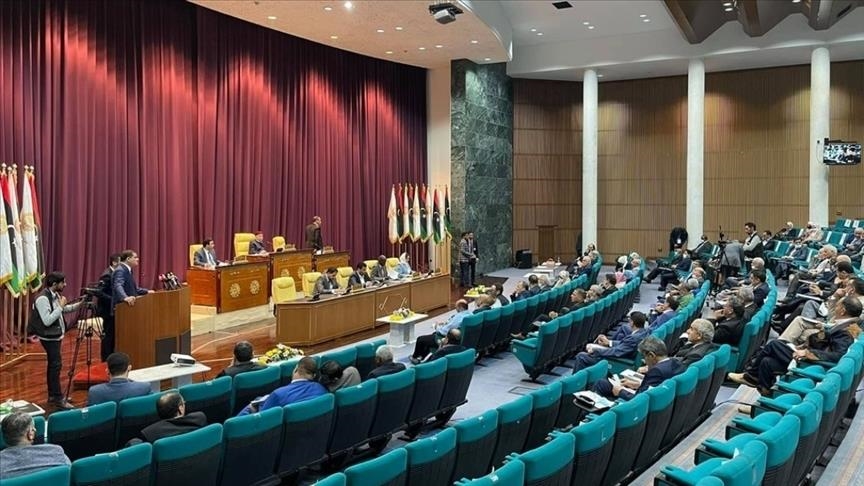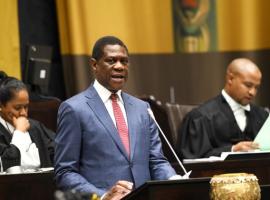
TRIPOLI, March 4 (NNN-Xinhua) — The newly-approved government of Libya on Thursday was sworn in before the House of Representatives, the country’s parliament, in the eastern city of Tubruk, Libyan National TV reported.
“The government should create all suitable conditions for the elections, in accordance with the established roadmap,” Aguila Saleh, the speaker of the House of Representatives, said in a speech during the oath session.
“The government must lift the state of force majeure that impeded the holding of the elections on December 24 last year,” Saleh said, demanding the government of national unity to hand over power to the new government democratically.
Prime Minister-designate Fathi Bashagha of the parliament-approved government said his administration would begin to consider all options and necessary arrangements to resume office in the capital Tripoli “legally and not by force.”
Bashagha pledged that his government would work to “end the transitional phases and support the electoral process” in the country.
The House of Representatives on Tuesday granted confidence to a new government to replace the incumbent government of national unity led by Prime Minister Abdul-Hamid Dbeibah.
The House of Representatives withdrew confidence from Dbeibah’s government in September last year and kept it as a caretaker government. On Feb. 10, it unanimously voted to appoint Bashagha, former interior minister, as the new prime minister.
However, Dbeibah vowed his government would remain in office until an elected government is established. On Feb. 21, he announced a plan to hold general elections in June.
Dbeibah’s government on Tuesday accused the House of Representatives of approving the new government “without achieving quorum” during the session, confirming that it would continue to work and prepare for elections in June.
General elections in Libya were scheduled for Dec. 24 last year, but were postponed indefinitely due to technical and legal issues, according to the country’s elections commission. — NNN-XINHUA



